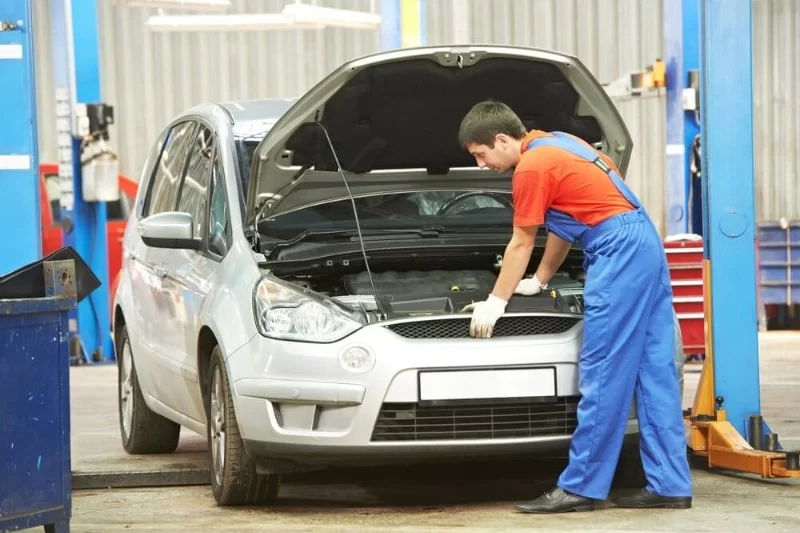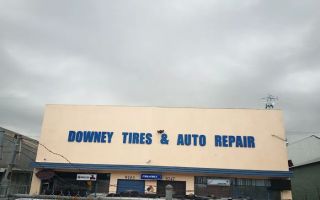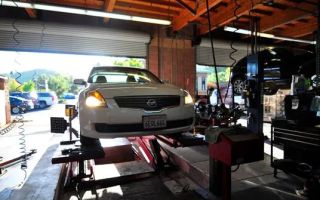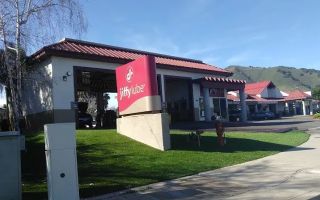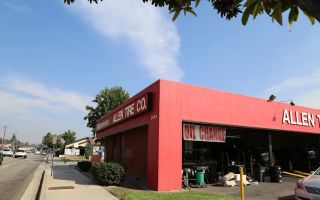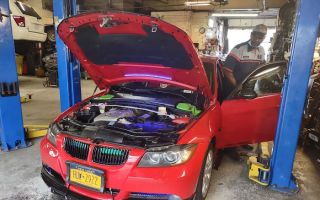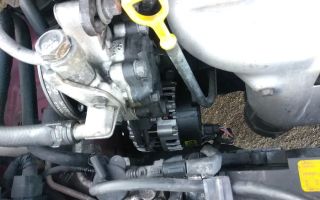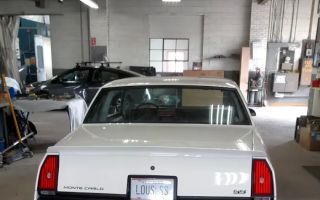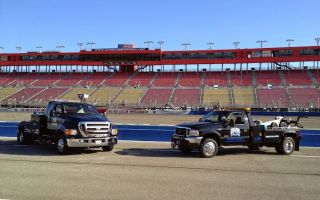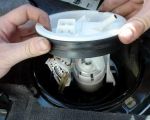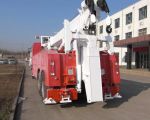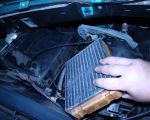- 1 - Understanding Engine Knocking at Idle
- 2 - Common Causes of Engine Knocking
- 3 - How to Diagnose Knocking Noises
- 4 - Real Driver Experience: Dealing with Engine Knock
- 5 - When to Seek Professional Help
- 6 - How Rescue & Towing Can Help
Understanding Engine Knocking at Idle
When your car’s engine starts knocking while idling, it’s more than just an irritating sound — it could be a warning sign. An engine knock often feels like a rhythmic tapping or metallic pinging sound that intensifies when the vehicle is running but stationary. Drivers sometimes ignore it, thinking it will go away, but this noise can signal deeper mechanical issues. Understanding what causes the knock is the first step toward protecting your engine from serious damage.
Idle knocking can come from worn-out components, improper fuel combustion, or oil-related problems. Recognizing these early prevents costly repairs and keeps your vehicle safe and reliable on the road.
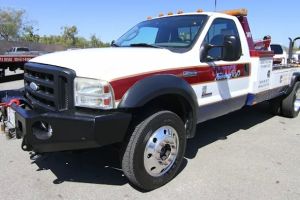
United Towing Service Inc.
26170 Adams Ave, Murrieta, CA 92562, USA
Common Causes of Engine Knocking
1. Low-Quality or Incorrect Fuel
One of the most common reasons for engine knocking is low-octane or contaminated fuel. When the fuel doesn’t burn evenly in the combustion chamber, it causes premature detonation — creating that distinctive knocking noise. Using the manufacturer’s recommended fuel type can often resolve the issue.

Pick Your Part - Help Yourself
1232 Blinn Ave, Wilmington, CA 90744, USA
2. Faulty Spark Plugs or Ignition Timing
Worn or mismatched spark plugs can misfire, leading to inefficient combustion. Similarly, incorrect ignition timing causes the air-fuel mixture to ignite too early or too late, producing that knocking sound. Regular spark plug maintenance is key to preventing this problem.
3. Low Oil Pressure or Dirty Oil
Oil lubricates the moving parts inside your engine. When oil pressure drops or becomes contaminated, metal components start to rub against each other, causing knocking or tapping sounds. Changing your oil regularly and checking for leaks helps avoid this issue.
4. Carbon Build-Up on Valves and Pistons
Over time, carbon deposits form inside the combustion chamber, creating hot spots that trigger pre-ignition and knocking. Fuel additives or professional cleaning can help remove these deposits and restore smooth performance.
How to Diagnose Knocking Noises
1. Listen Carefully and Identify the Source
Different knocking patterns indicate different problems. A deep knock may point to worn bearings, while a lighter tap could mean valve or lifter issues. Listen closely to determine where the noise originates — from the engine block, the top of the motor, or the exhaust area.
2. Check Oil and Fuel Quality
Start with the basics: check your oil level and condition, and ensure you’re using clean, high-quality fuel. If your oil looks dark or gritty, an oil change may immediately reduce the knocking noise.
3. Use Diagnostic Tools
Modern vehicles often record error codes when something goes wrong. An OBD-II scanner can identify timing or fuel system errors that might cause knocking. This data helps pinpoint whether the problem is minor or requires professional repair.
Real Driver Experience: Dealing with Engine Knock
Jake, a driver from Dallas, noticed a subtle ticking sound from his car while waiting at a red light. He initially dismissed it, but within weeks, the noise grew louder and more frequent. After visiting a mechanic, he learned the issue stemmed from a failing oil pump. Early intervention could have saved him from a complete engine rebuild. His experience is a reminder that when you hear knocking at idle, acting quickly is crucial.
Many similar cases show that proactive maintenance and professional inspection can prevent long-term engine damage and extend vehicle life.
When to Seek Professional Help
If you’ve checked your oil, fuel, and spark plugs but the noise persists, it’s time to consult a professional. Continuing to drive with a knocking engine can lead to catastrophic failure — including damaged pistons or crankshaft bearings. Professional technicians can perform compression tests, inspect timing components, and ensure that all internal parts are functioning properly.
Delaying service not only risks expensive repairs but also compromises your safety on the road. When in doubt, always err on the side of caution and schedule a vehicle inspection as soon as possible.
How Rescue & Towing Can Help
Rescue & Towing specializes in assisting drivers facing mechanical issues, including engine trouble and breakdowns. If your vehicle develops a persistent knock at idle and you’re unsure whether it’s safe to continue driving, their experts can transport your car safely to a trusted repair shop.
Whether it’s an emergency tow or guidance on next steps, Rescue & Towing offers fast, reliable, and professional support. Their team understands how stressful engine issues can be — and they’re dedicated to helping you get back on the road safely and efficiently. For peace of mind and expert help, trust Rescue & Towing whenever your engine starts knocking.

